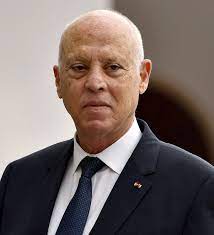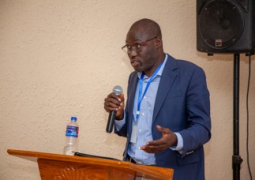
President Kais Saied, in an inflammatory February speech that triggered a surge of racist attacks against Black Africans, linked undocumented African migrants to crimes and a “plot” to alter Tunisia’s demographic makeup.
In a July 4 statement, Saied referenced “the criminal operation that occurred yesterday” in Sfax, referring to a Tunisian man’s killing following a brawl with migrants, and said: “Tunisia is a country that only accepts people residing on its territory in accordance with its laws, and does not accept to be a transit or settlement zone for people arriving from numerous African countries.”
Tunisia is a party to the African Charter on Human and Peoples’ Rights, which prohibits collective expulsions, as well as the UN and AU refugee conventions -the Convention Against Torture and the International Covenant on Civil and Political Rights, which bans forced returns or expulsions to countries where people could face torture, threats to their lives or freedom, or other serious harm.
Thus, the global rights body has advised the Tunisian government to respect international law and conduct individual legal status assessments in accordance with due process before deporting anyone.
“The government should also investigate and hold to account security forces implicated in abuses,” it also stated.
“Diplomatic delegations of African countries should seek to locate and evacuate any of their nationals expelled to the Tunisia-Libya border who wish to voluntarily return to their countries of origin, while the African Union Commission should condemn the abusive expulsions and press Tunisia to provide immediate assistance to affected Africans.”




